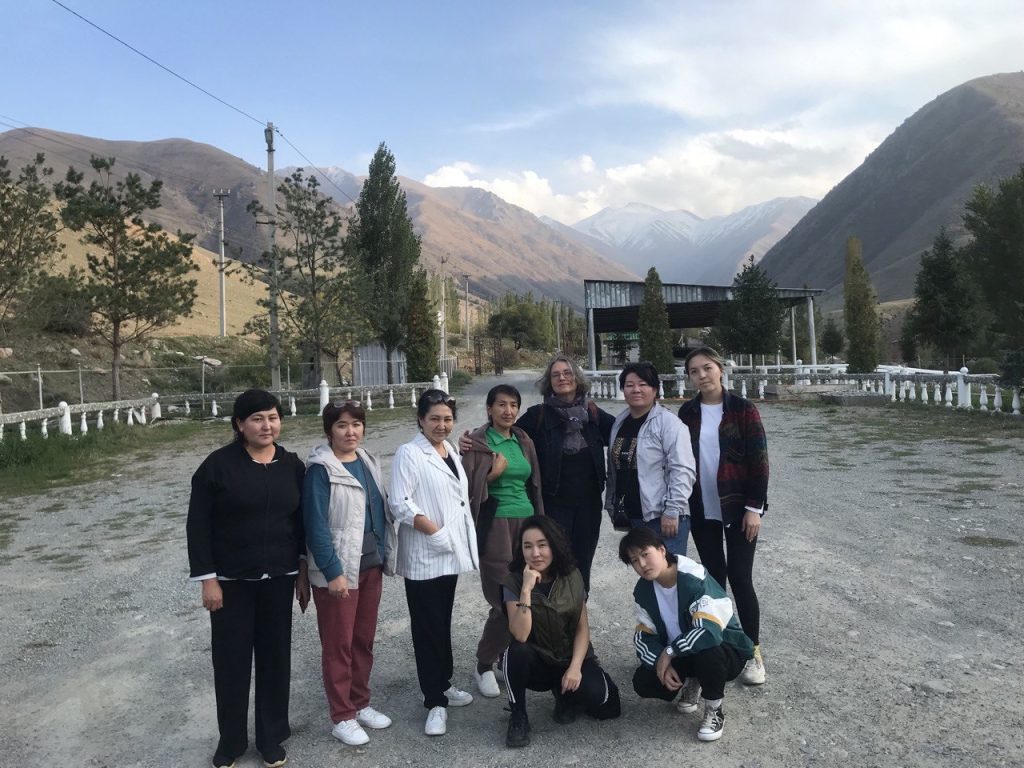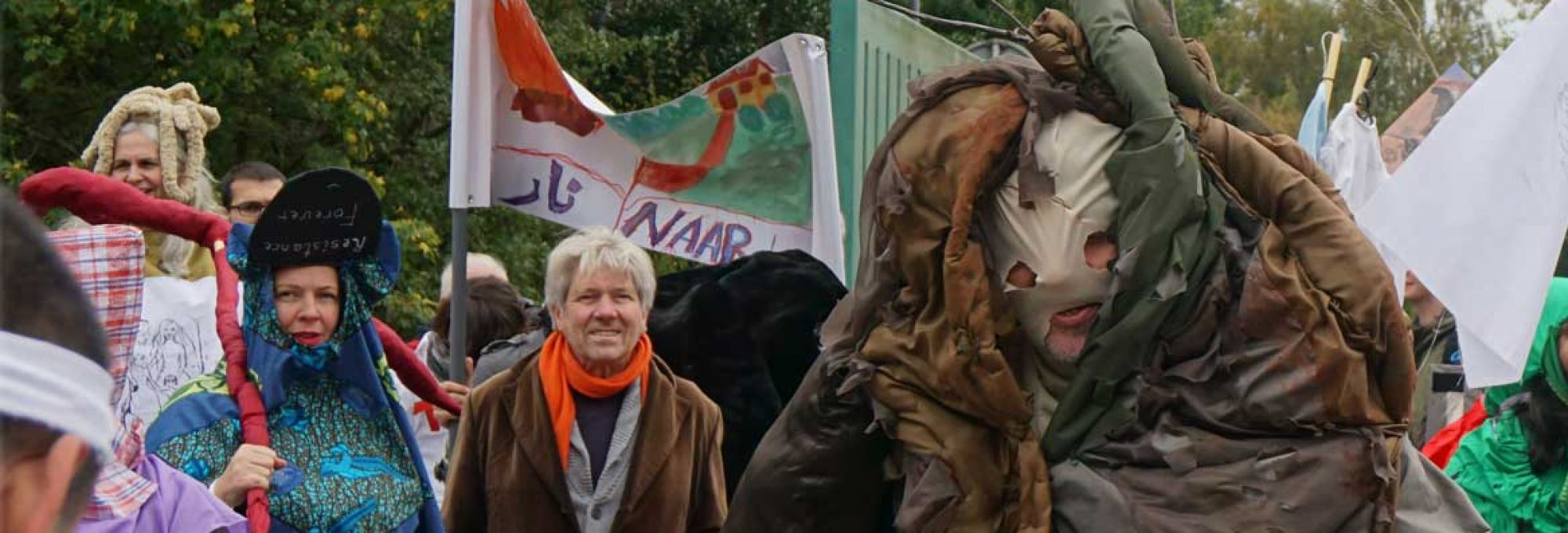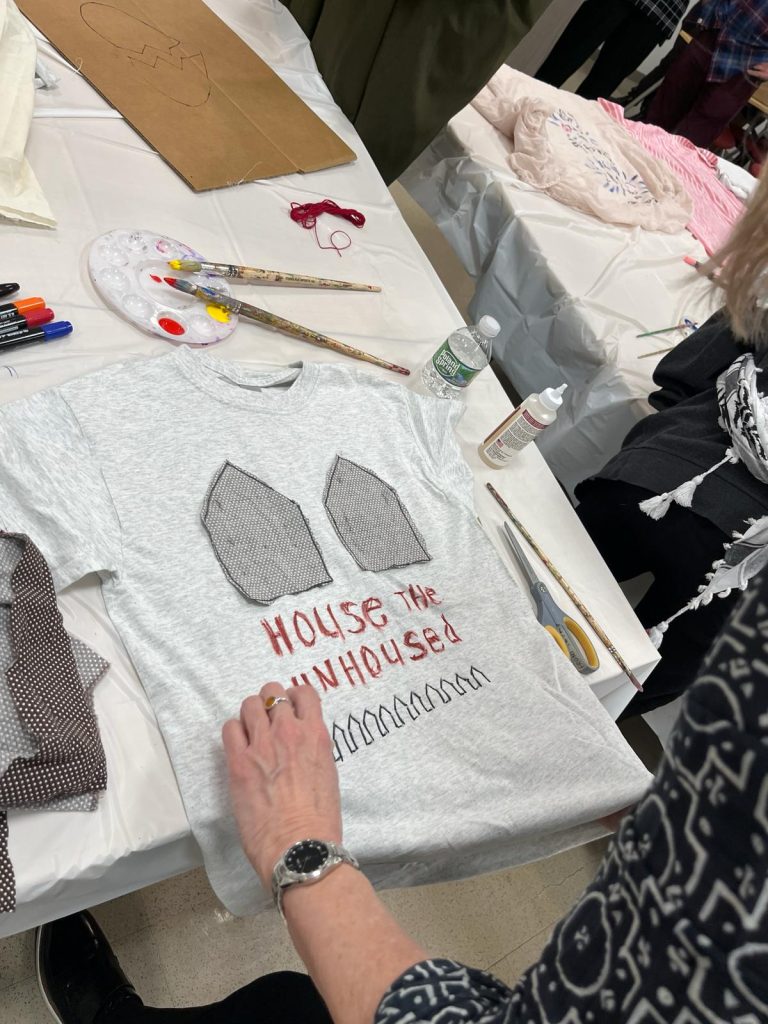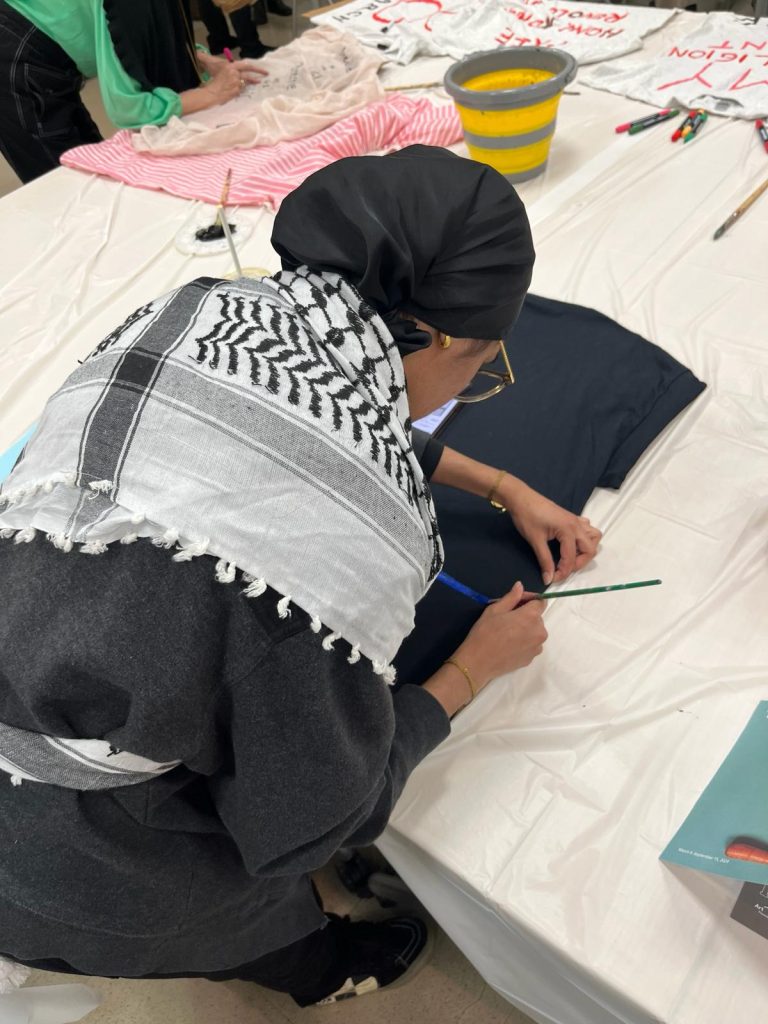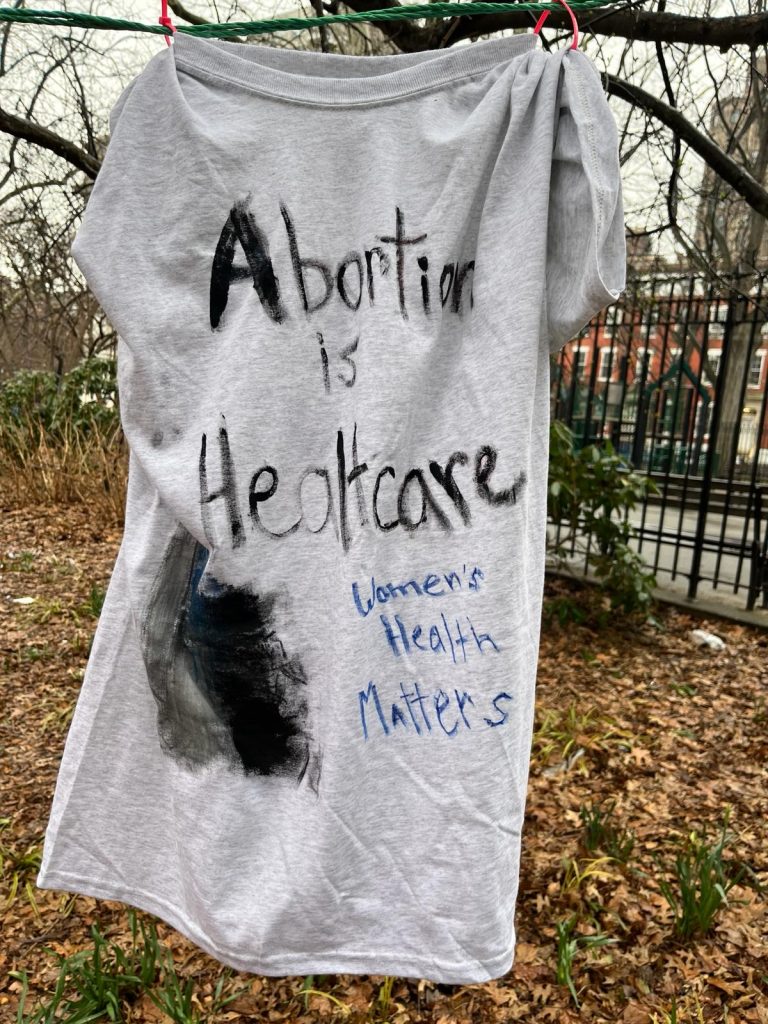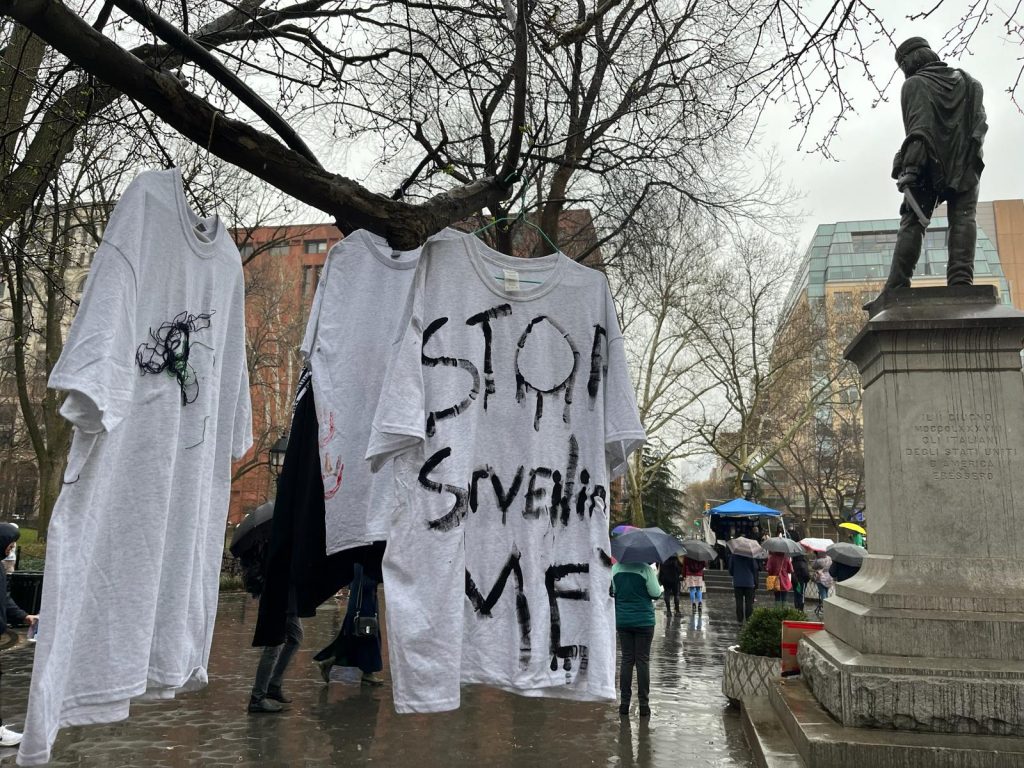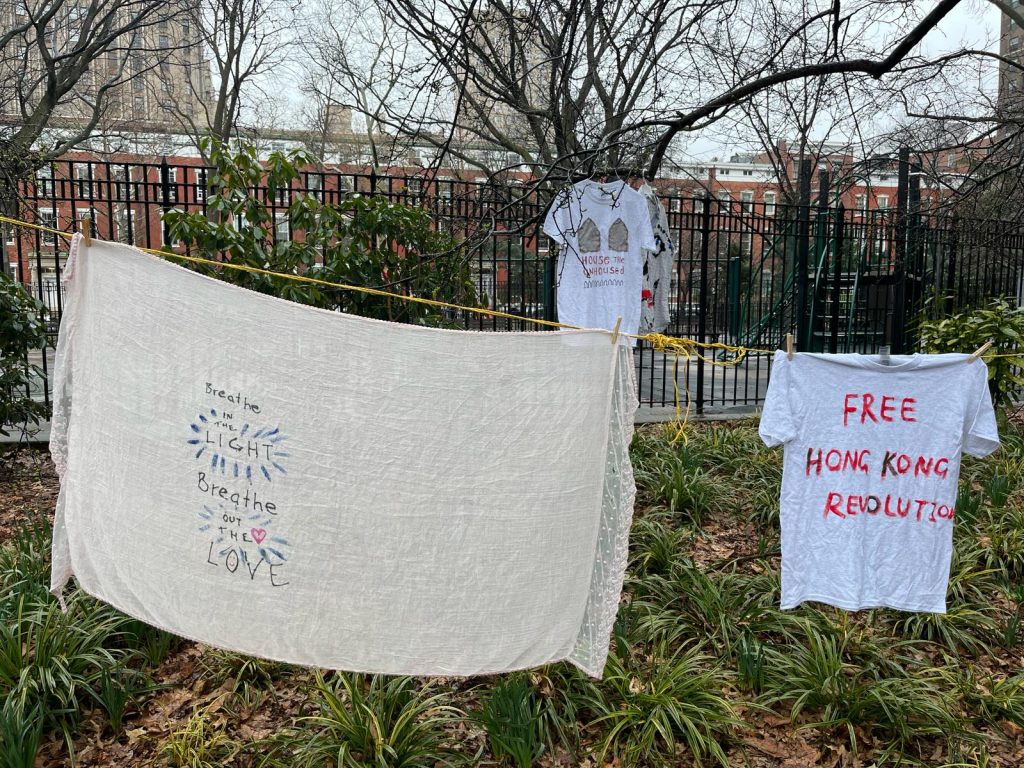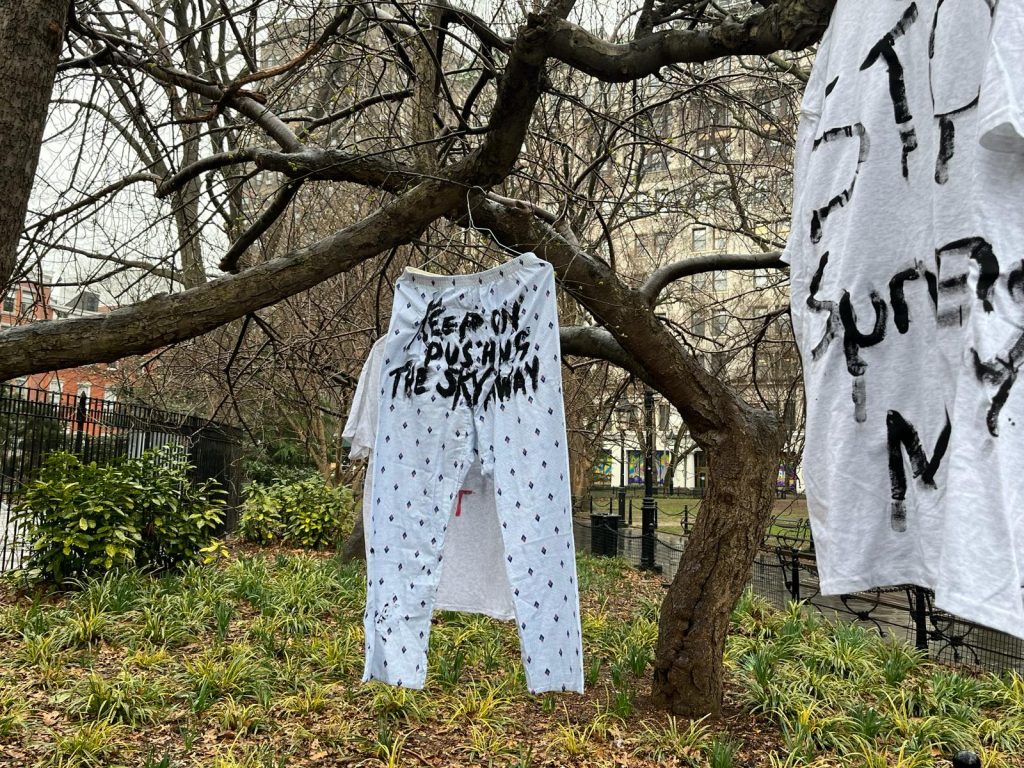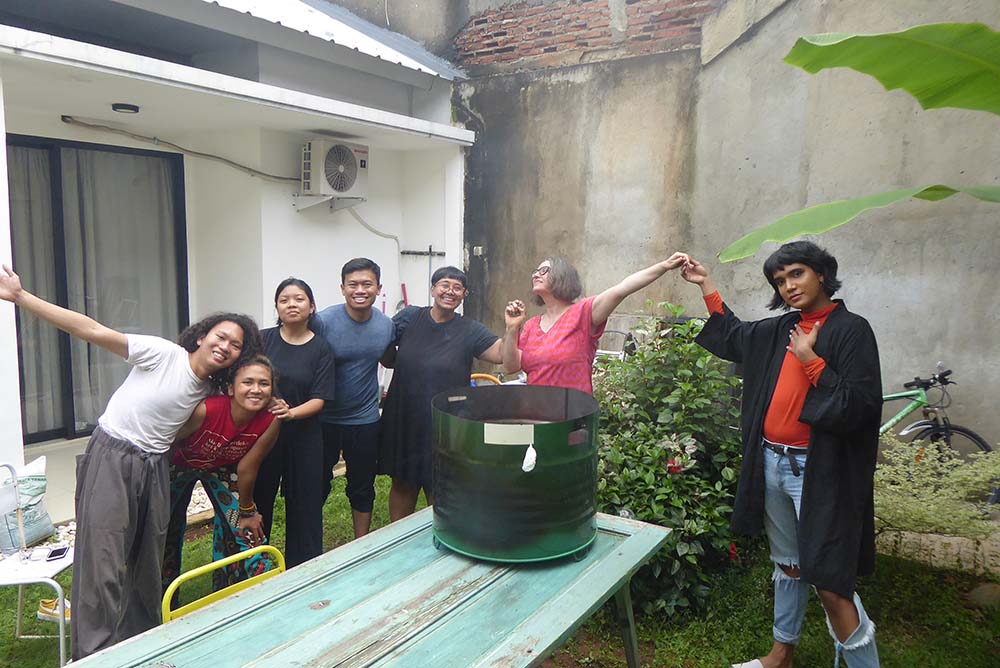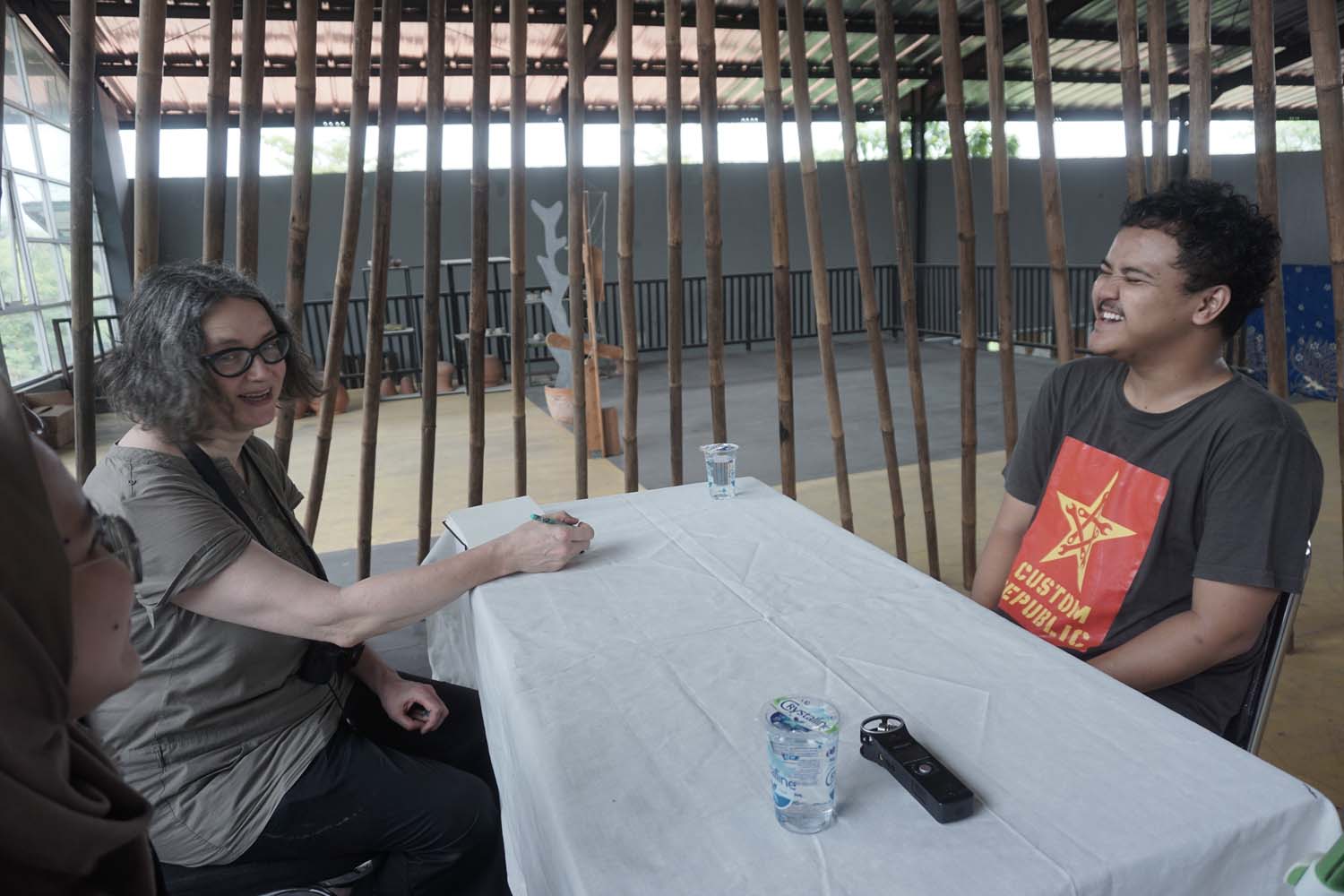This workshop was extraordinary.
We managed to construct a space of trust between us.
At first, I was dealing with the issue of the frame of the ArteUtil concept and the experimental rules that the Artez team exposed to me as one of the artists.
The idea was to try to “learn from doing” and to send a couple of artists to an “adult” artist in Amsterdam to help artists in their daily routine.
I was thinking about what type of daily routine I should do when I decided to shift to the kind of “therapy mentor-comrade care” approach.
I have to share my knowledge with the students and to help them in overcoming their fears and to grow better. As usual, I was trying to stay open to learning from students as well. They came from Peru and Colombia, and I did not know much about these countries.
We started with dealing with a bunch of drawings from the previous project in Bijlmer Bajes. We talked about their possible classification and then moved to the discussion about family bonds, stereotypes of gender, and relationships with the body.
Malena and Lina surprised me with how interesting their understanding of the body is. We talked about the “naked body of mother “, for example.
I showed them my Museum of the Utopian Clothes, told stories about the dresses and they exposed the desire to do something with a dress.
They introduced me to the Chia seeds fashion and proposed to grow Chia seeds right inside the very beautiful evening dress that I have found at Waterloo in Amsterdam.
The Chia seeds were planted into the dress. After one week, lots of green sprouts grew out of them. Another week passed by, and the spouts started to decay. I was watching this process unravel in my studio.
Malena had a few thoughts after this experiment that she shared with me:
“Gluklya is a fantastic, one of a kind artivist, who welcomed me and my peer Lina into her world for a month and a half. During our workshops in her studio in Amsterdam, I got to explore her methods and perspectives through her drawings, costumes, stories, and food. During each session, we created a ritual. They came out of discussions we shared regarding topics of feudalism, sexism, and racism, fueled by our mothers’ stories and status in society, which helped us bridge the distance between our home countries: Peru, Colombia, and Russia. As an outcome, we created a quipu (a unique form of ancient communication and information storage used by the Inca Empire and their predecessors in South America), as a tool for taking a break, breathe and heal, combining our rituals. Through the quipu, we invited a few guests to take the time to think. And if there’s nothing to think about, to take the time to breathe. I feel inspired by her work and methodology, I carry it with me now on my journey of becoming an Artist Educator.”
– Malena Ugaz | Interactive/Media/Designer | Based in Geneva
Lina also had things to share:
“For me working with Gluklya was getting immersed in a research process that was constantly moved through intuition.
We created dialogues from within, and through aesthetic experiences, we created dialogues between us.
We had a very powerful work of finding subtle connections by allowing ourselves to be vulnerable in the working space.
I felt very comfortable and cared for in our working sessions.
We talked and got to know each other and our ideas through drawing.
We went on adventures to the Waterloo market, learned to talk the language of textures, and used textiles to approach our feelings and ideas of the body.
We played with video and photography.
We were gardeners of chía seeds in dresses and gardeners of our own emotions and stories.
Personally, I feel that she encouraged me to pursue my bodywork as part of my artistic research.
As a closure of our research project, we performed a ritual/workshop to create a common body of stories through the use of the ancient Andean Quipu device.
It was a very powerful experience of approaching the search for group synergy.
Working with Gluklya was a rich aesthetic and artistic experience to create connections with others and with the world. “
